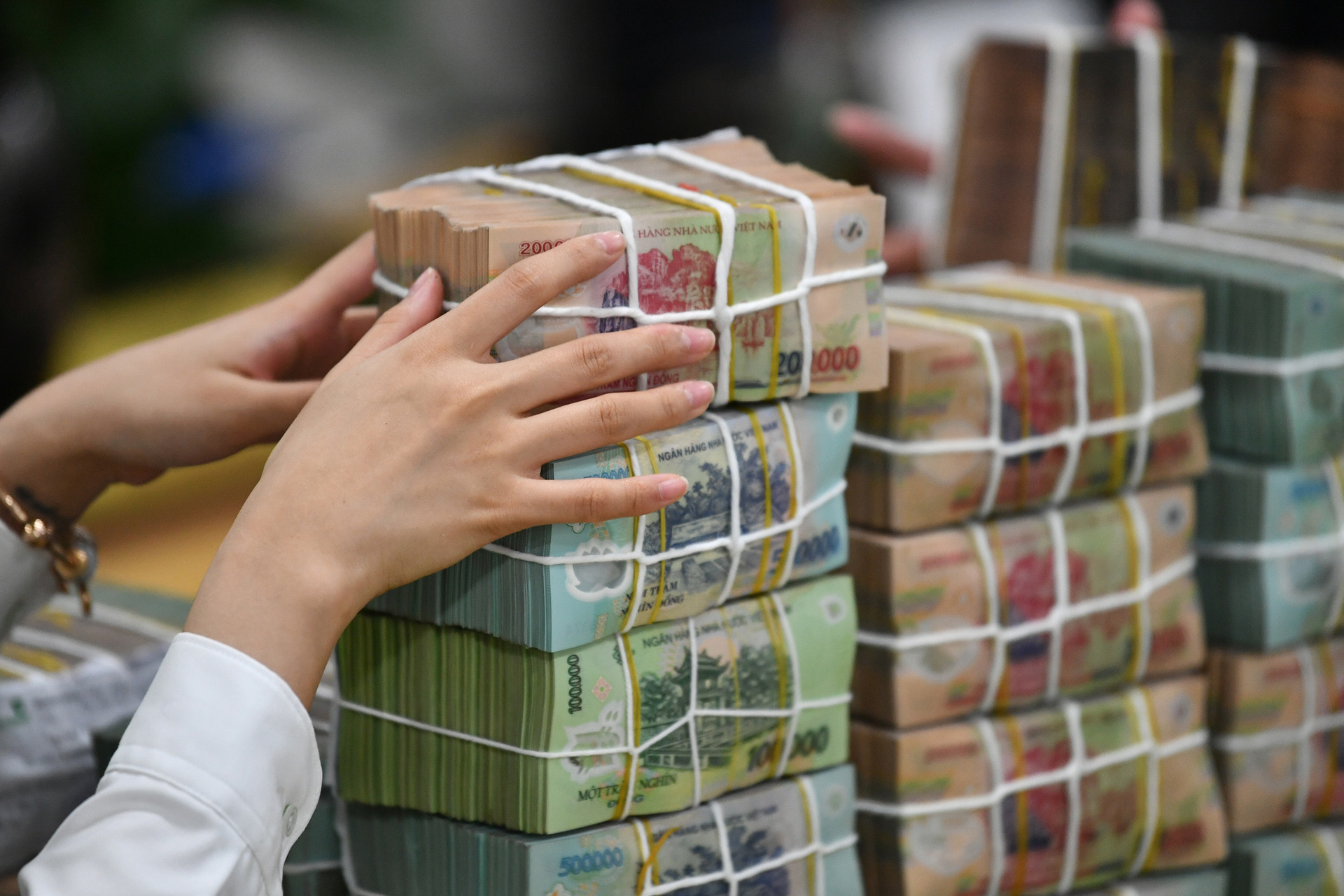
Vietnam's central bank is moving to codify key provisions of Resolution 42 into law, giving commercial banks greater authority in seizing and liquidating collateral assets to resolve non-performing loans (NPLs). This move is expected to be a major breakthrough for banks struggling with unresolved bad debts.
Resolution 42 "2.0" to empower banks in debt recovery
During a recent conference, Deputy Governor of the State Bank of Vietnam (SBV) Dao Minh Tu announced that Prime Minister Pham Minh Chinh has approved the SBV’s proposal to amend the Law on Credit Institutions in 2024.
One of the most crucial aspects of this amendment is the incorporation of Resolution 42, a key policy introduced in 2017 to facilitate bad debt resolution. Resolution 42 was extended until December 31, 2023, but has since expired.
A major feature of the upgraded Resolution 42 “2.0” is the enhanced legal authority granted to banks in seizing, processing, and auctioning collateral assets. This will streamline legal proceedings, particularly for assets already approved for liquidation by the courts but still entangled in enforcement procedures.
“The government will submit this law amendment to the National Assembly for review during the regular session in May. If not approved by then, it will be presented in September. This is great news for commercial banks still struggling with unresolved bad debts,” said Deputy Governor Dao Minh Tu.
Addressing Vietnam’s legal bottleneck in bad debt resolution
The SBV submitted the draft law amendment to the government in early March, emphasizing that further legal clarification is needed to address persistent roadblocks in handling bad debts.
Under current regulations, financial institutions often face significant hurdles when attempting to reclaim and liquidate collateral:
Debtors refusing to hand over collateral assets, forcing banks to engage in lengthy legal battles.
Courts recognizing banks’ rights to collateral, but requiring enforcement proceedings that delay asset liquidation.
Lack of a clear legal framework explicitly granting banks the right to seize collateral directly, further complicating debt recovery efforts.
Without this legal clarity, banks face delays in recovering debts, leading to longer loan cycles, reduced liquidity, and increased borrowing costs for businesses and individuals.
To address these issues, the new legal amendments propose that:
Banks and debt restructuring entities will be legally empowered to repossess assets after completing proper legal procedures.
Collateral used in criminal cases can be returned to banks for liquidation, provided it does not interfere with ongoing trials.
Vietnam’s bad debt situation in 2024
By the end of 2024, bad debt levels among listed Vietnamese banks decreased to 1.92%, down 0.31% from Q3 2024. However, this figure remains 0.42% higher than pre-2020 levels.
A VietnamNet analysis of Q4 2024 financial reports from 27 listed banks revealed that group 5 debts (non-recoverable loans) reached $4.75 billion, marking a 39.3% increase from early 2024.
Notably, in some banks, group 5 loans accounted for over 90% of total bad debts, highlighting the urgent need for stronger legal mechanisms to accelerate bad debt resolution.
The success of Resolution 42 “2.0” will be critical in ensuring Vietnam’s banking sector can effectively manage NPLs, freeing up liquidity for businesses and sustaining economic growth.
Tuan Nguyen